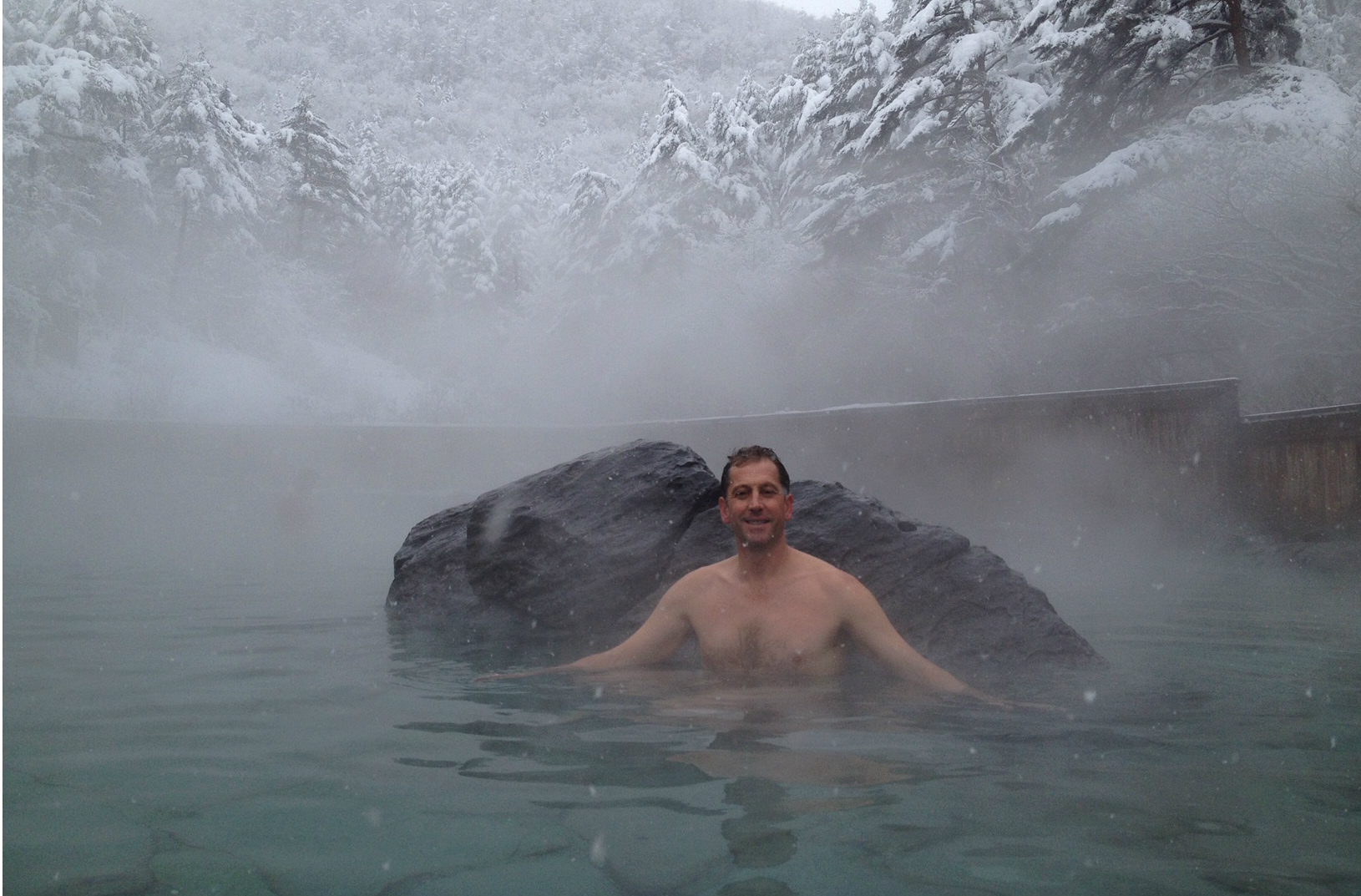The GWI’s Hot Springs Initiative just released their top five trends for thermal/mineral springs bathing—from more hot springs being designed for people of all ages (from infants to seniors) to more activities such as yoga, massage or forest bathing getting woven into the soaking experience to the big increase in more extreme “fire and ice” experiences—moving from hot waters to ice caves and rolls in…





























































